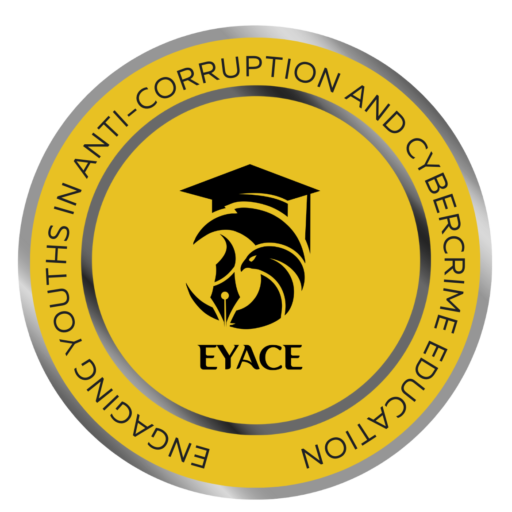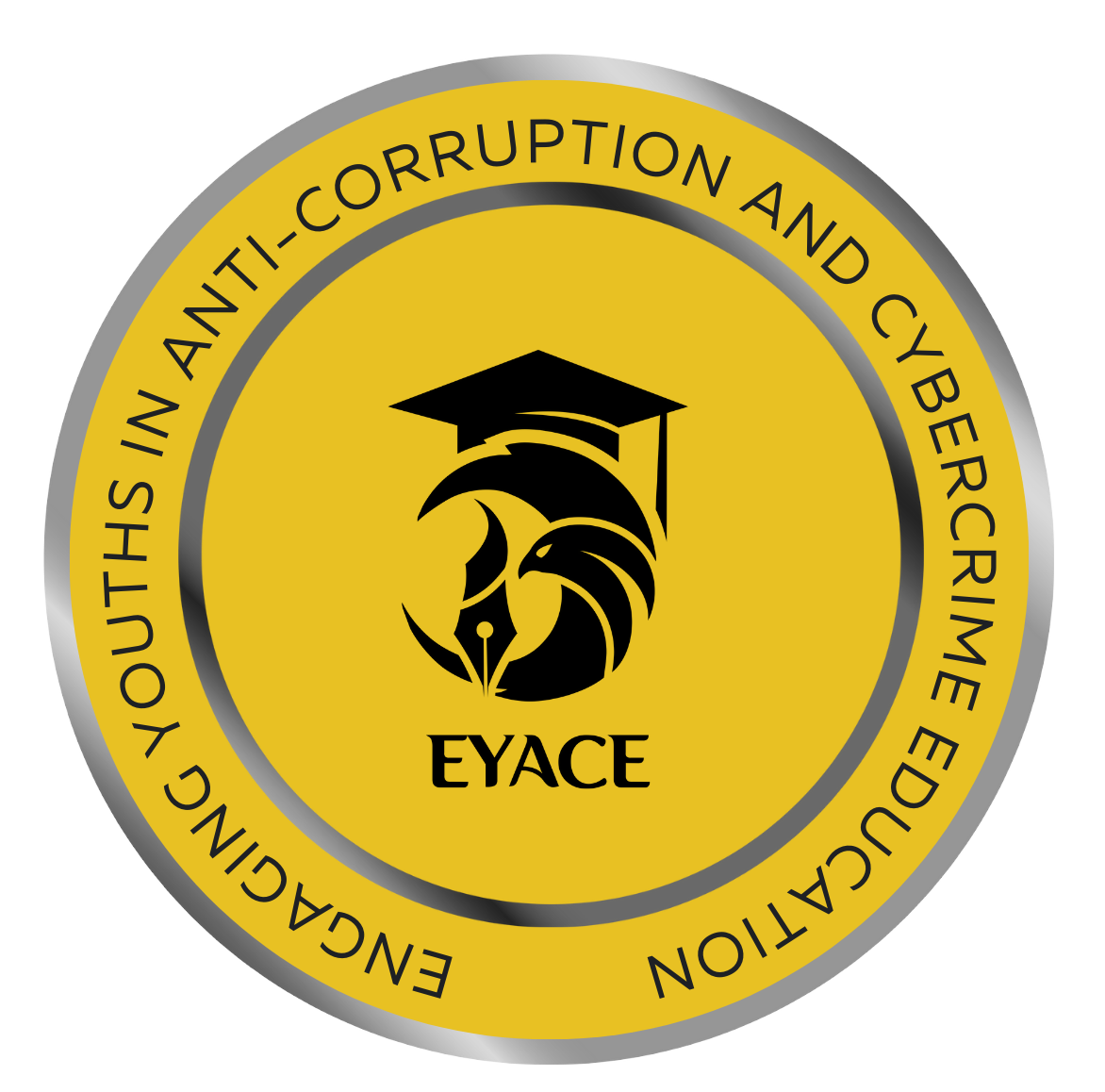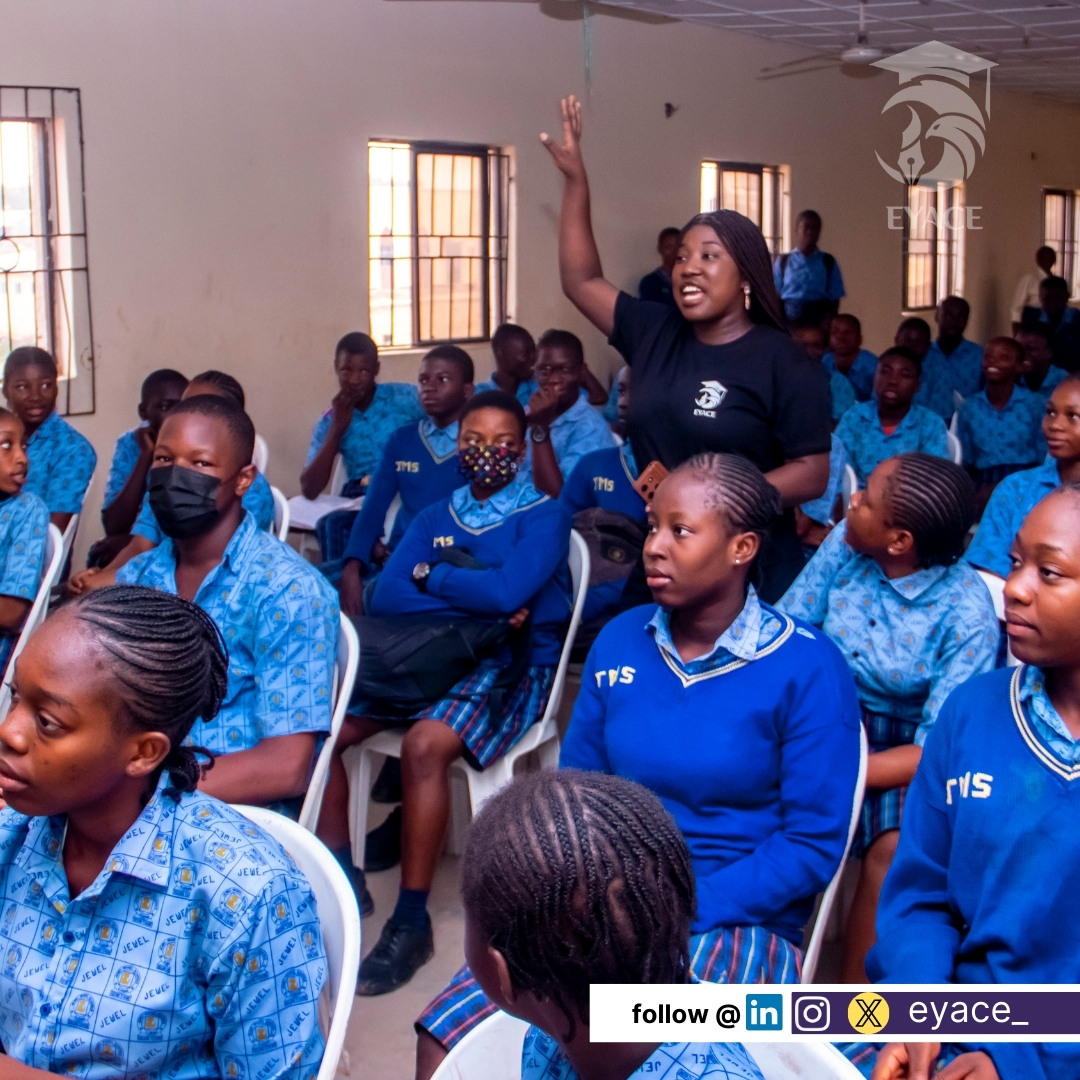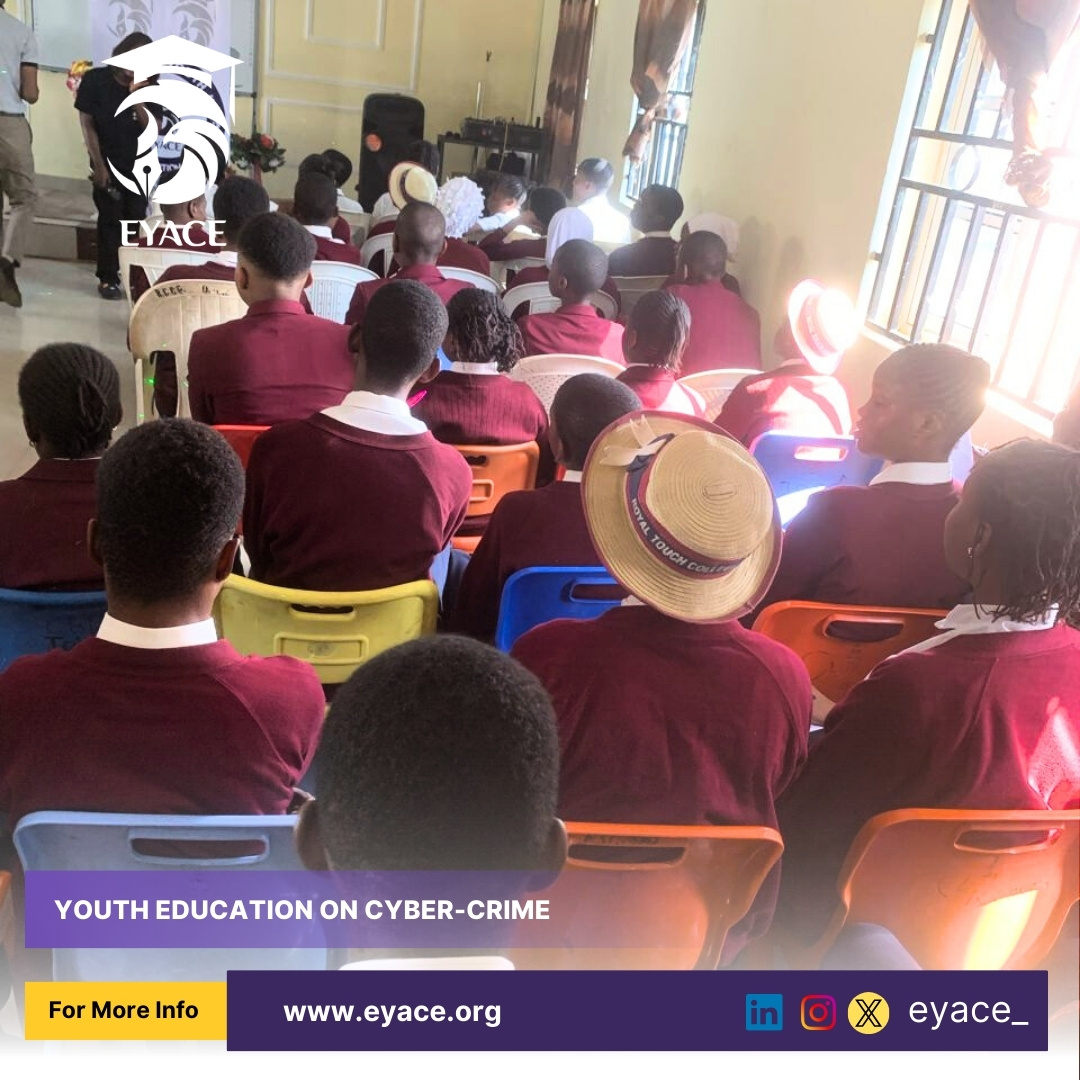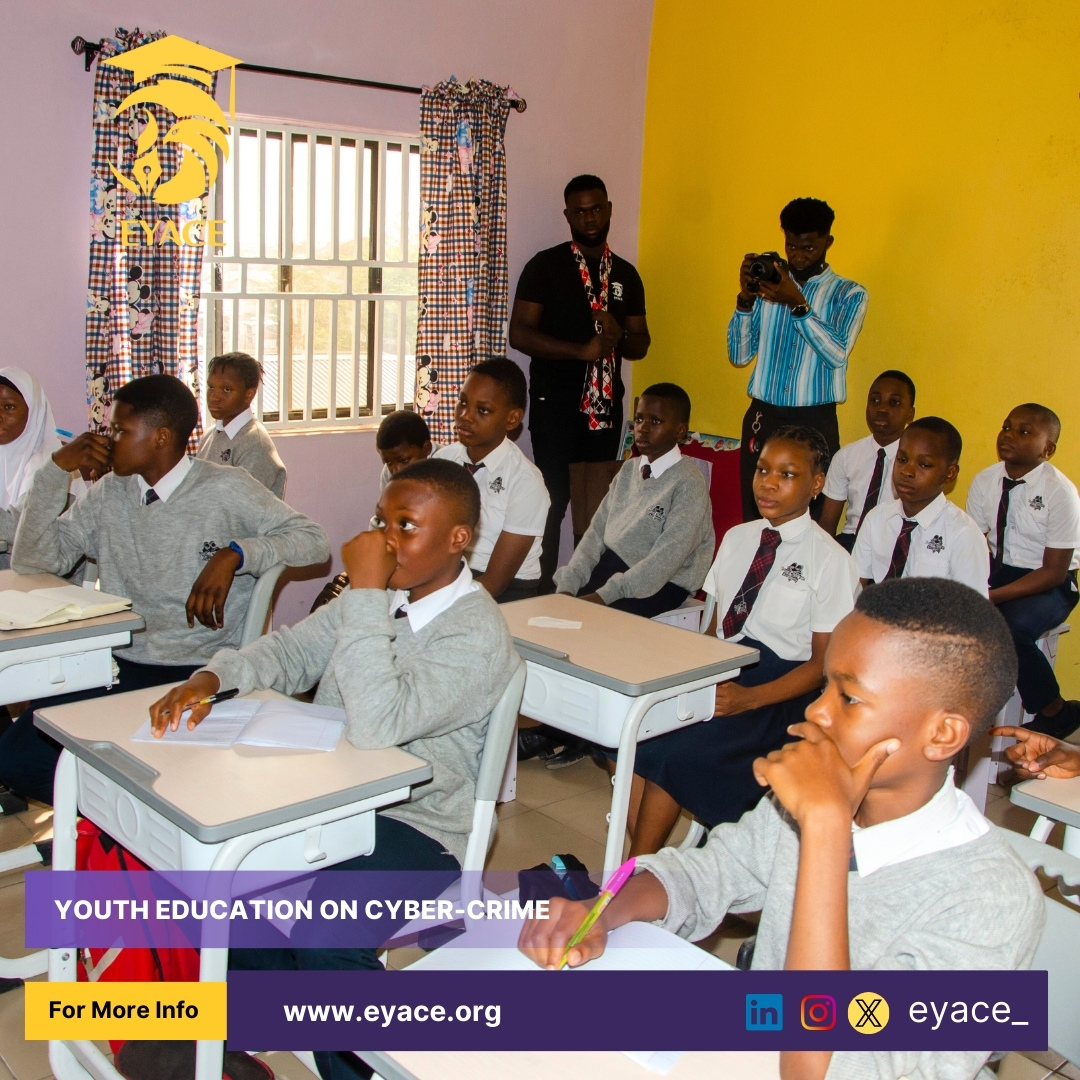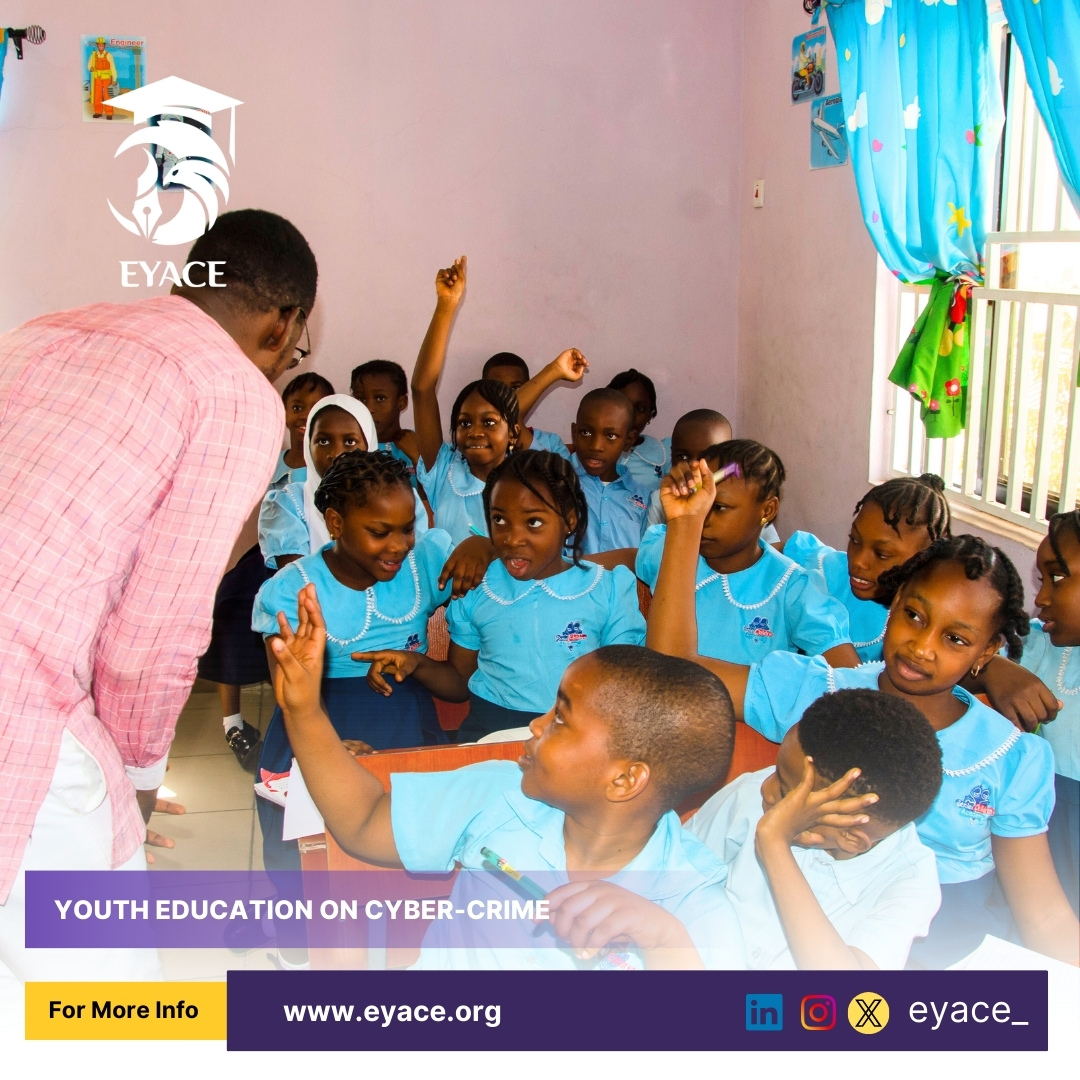A well-crafted CV is more than a piece of paper it’s a bridge to opportunity.
For many young people, especially those exposed to street life and cybercrime, the idea of formal employment feels distant and unattainable.
But with the right skills in CV writing and job application preparation, we can open new doors and offer real alternatives to illegal practices.
The Disconnect: Talent with No Platform
Many youths have incredible potential they are smart, resilient, and hardworking.
But without a professional CV or knowledge of how to apply for jobs, their talents remain hidden.
Frustrated and feeling invisible, they sometimes turn to crime not because they lack ambition, but because they see no other way to survive.
Changing this starts with giving them a voice on paper — a professional identity that employers recognize.
Teaching the Basics: Building Professional Confidence
When young people learn how to write a strong CV and craft targeted job applications, several things happen:
- They begin to believe in their value: Listing skills, experiences, and goals on a CV reminds them that they have something to offer.
- They learn to tell their story: Instead of hiding in the shadows, they step into the light, proud of who they are becoming.
- They see real opportunities: Understanding how companies hire and what recruiters look for reveals new pathways.
A great CV is not about exaggeration. It’s about presentation — showing real strengths in a clear, confident, and organized way.
Key Lessons for Youths
In CV writing and job applications, youths need to master:
- Simple, clean formatting: making their CV easy to read.
- Highlighting transferable skills: communication, teamwork, problem-solving, even from volunteer work or small projects.
- Customizing applications: tailoring each CV and cover letter to the job description.
- Avoiding slang, abbreviations, and typos: keeping a professional tone.
- Including soft skills: resilience, adaptability, willingness to learn traits that many youths already possess from surviving tough circumstances.
These lessons build real-world professionalism that employers respect.
Real-Life Turnarounds
Consider Emmanuel, who once thought cyber fraud was his only option.
After attending a CV workshop, he realized he had real skills managing social media pages for local businesses, organizing youth football tournaments, assisting with his uncle’s small shop.
He crafted a professional CV, applied for a junior marketing assistant role, and got hired.
Today, Emmanuel is studying part-time for a business degree, funded by his legitimate earnings.
His story proves that many youths are closer to legal success than they think they just need the tools.
Beyond Employment: Building Entrepreneurs
Strong CV and application skills don’t just lead to jobs; they also help young people:
- Pitch for grants.
- Apply for entrepreneurship programs.
- Introduce themselves professionally to mentors and investors.
- Gain confidence in networking and business writing.
A youth who can sell their skills on paper can sell products, services, and even big ideas in the real world.
Conclusion: Paper Dreams, Real Futures
Teaching youths how to write professional CVs and apply for jobs is not about giving them busywork.
It’s about building dreams into reality.
It’s about replacing street hustle with career hustle.
It’s about showing them that their future is not something to steal it’s something to earn, with pride.
In every youth is a story worth telling.
A future worth fighting for.
A career waiting to begin one CV, one job application, one brave step at a time.
